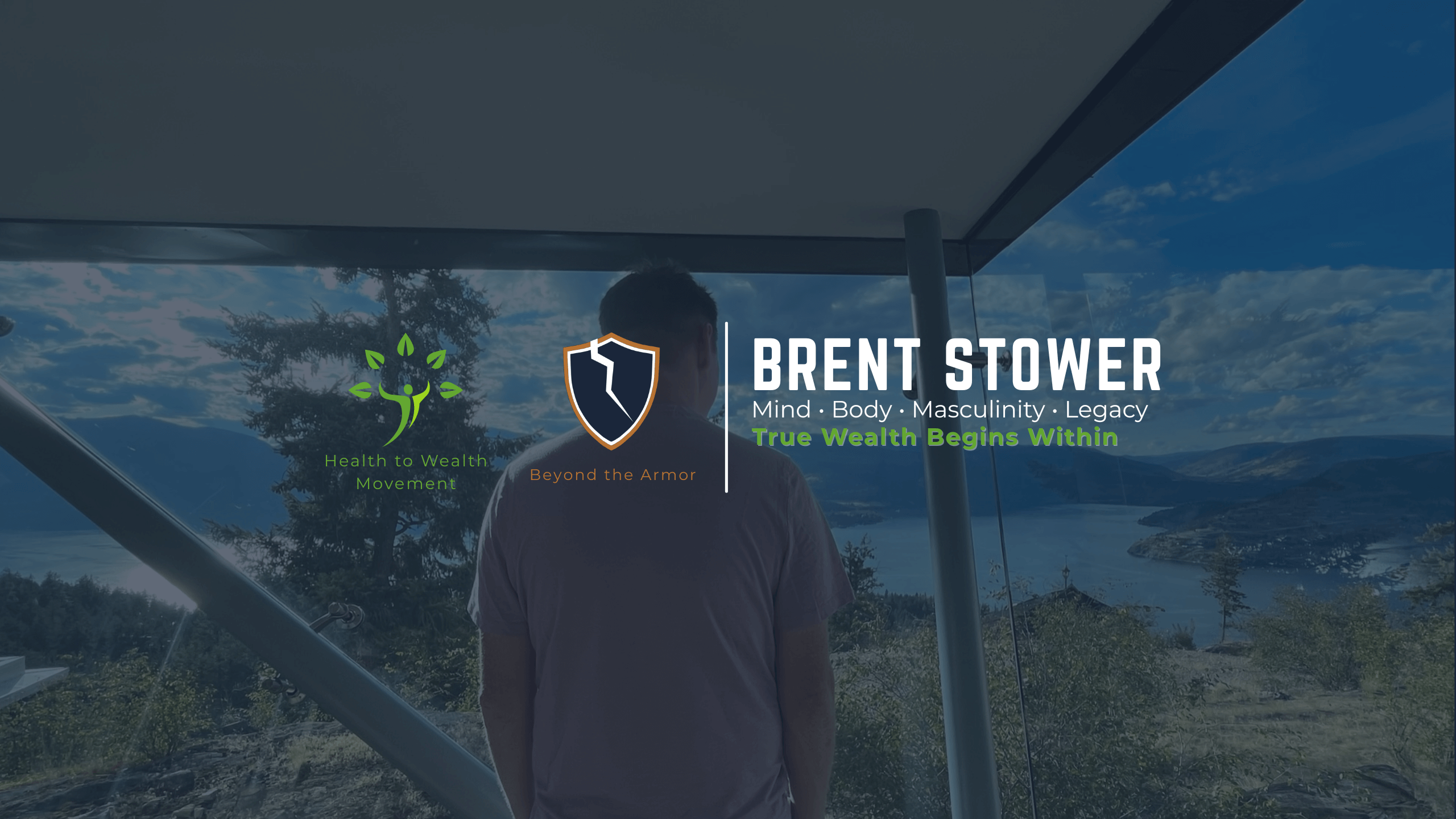What if everything you've been taught about being a strong man was actually holding you back?
Society tells men to be tough, never cry, and handle everything on their own. But that version of strength is breaking us. Vulnerability can be terrifying, especially when it comes to emotions. The thought of opening up without knowing how others will react is enough to make anyone hesitate.
Traditional masculinity has conditioned men to believe that showing vulnerability is a sign of weakness. It's as if admitting you're struggling means you're not man enough. Therefore, you need to figure it out on your own. On one side of the societal spectrum, there's the push to return to traditional masculinity: be the strong provider, bottle up your emotions, and power through. On the other, there's a narrative that dismisses the importance of men altogether, suggesting society can thrive without them. Both messages are damaging and leave men feeling lost.
The Cost of Misguided Expectations
When men internalize these societal extremes, it creates a perfect storm of confusion and pressure. You're either expected to shoulder the world's burdens without complaint or feel like you have no role in modern society at all. These unrealistic expectations often lead to isolation, emotional suppression, and missed opportunities for meaningful growth. But what if there's a better way?
A Personal Reflection on Vulnerability
I used to believe that vulnerability was dangerous. For years, I carried the weight of my own struggles, thinking it was my responsibility to handle everything alone. When I was going through one of the darkest times in my life, I felt trapped. Scared to open up because I didn't want to be seen as a weak failure. I thought my silence was strength, guarding myself to try and power through. When I was in that dark place, it felt like I was drowning silently in my own thoughts. My chest was tight, and every day was a battle to keep up appearances. But speaking up felt terrifying—like stepping off a cliff with no safety net.
It wasn't until I decided to talk to someone about how I was feeling that I realized vulnerability was actually my way out. Admitting I was struggling didn't make me weaker. It made me stronger. I felt lighter, less isolated, and more connected to the people I trusted. That single step opened the door to growth, healing, and becoming the person I am today. It's actually one of the biggest steps I took on my personal growth journey and brought me to creating this business.
Why Vulnerability is a Strength
Vulnerability challenges the outdated belief that strength is measured by how much pain you can endure in silence. In reality, choosing to open up and acknowledge your emotions is one of the most courageous acts a man can take.
- It Takes Courage: Vulnerability isn't about being weak; it's about having the guts to face your fears and say, "This is me, flaws and all." Facing your fears and admitting when you're struggling requires immense bravery. True courage is about being real—not pretending you're invincible.
- Builds Authentic Connections: When you show up as your authentic self, people respond with authenticity too. This creates relationships built on trust, not appearances.
- Strengthens Emotional Intelligence: Acknowledging and understanding your emotions helps you better manage them, leading to resilience in tough situations. Vulnerability isn't just about sharing feelings. It's about understanding and managing them. This self-awareness builds resilience and emotional strength.
- Promotes Growth: When you confront your challenges openly, you’re more likely to overcome them and grow into a more confident and capable version of yourself.
Research and Statistics
Studies back up the idea that vulnerability is a strength, not a weakness:
- Research from Dr. Brené Brown, a leading expert on vulnerability and shame, shows that vulnerability is essential for meaningful connection and personal growth.
- A study published in the Journal of Social and Clinical Psychology found that individuals who expressed their emotions had stronger social bonds and reported lower levels of stress.
- According to the American Psychological Association, men who embrace emotional openness are less likely to experience depression and are better able to navigate life's challenges.
Practical Steps to Embrace Vulnerability
- Acknowledge Your Feelings: Journaling or speaking about your emotions helps process them.
- Start Small: Share honestly with trusted people in your life.
- Practice Self-Compassion: Accept that vulnerability doesn't equate to failure; it's a mark of courage.
- Seek Community Support: Being part of communities like Beyond the Armor can provide a safe space to practice vulnerability.
- Challenge Negative Thoughts: When you catch yourself thinking vulnerability is a weakness, reframe it as an act of strength.
A Call to Action
Take a moment to reflect: How can you redefine vulnerability in your life this week? What step can you take today to show up authentically?
I invite you to join the Beyond the Armor community, where we support men in embracing vulnerability as a path to growth, connection, and authentic living. Together, we break the stigma and redefine strength. Sign up today and take the first step toward becoming the most courageous and connected version of yourself.

















0 Comments